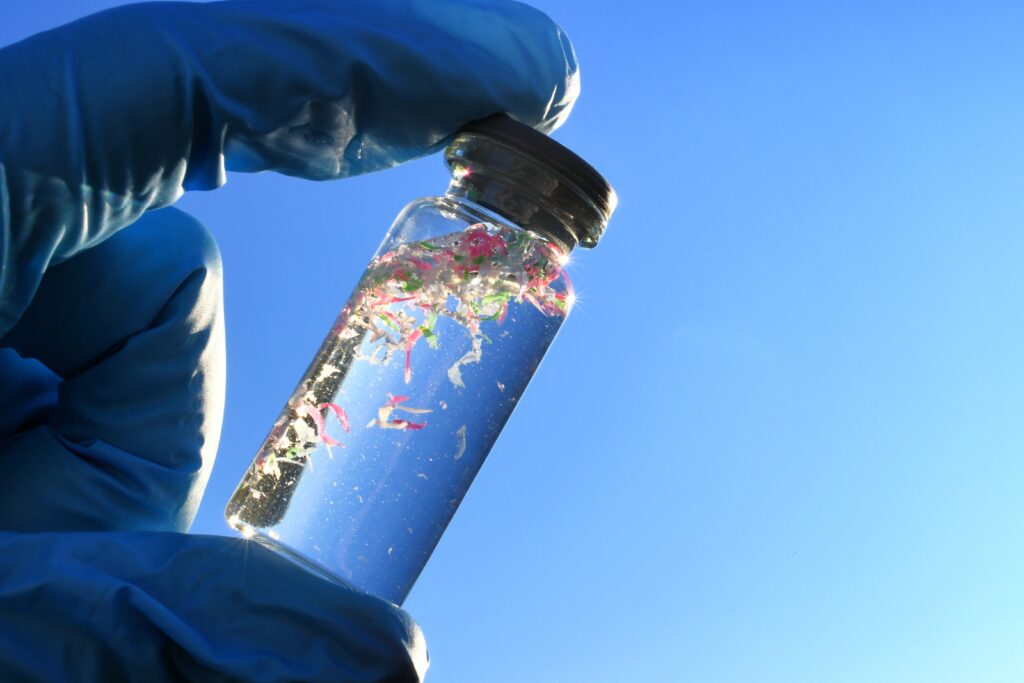Microplastics are everywhere – in our blood, guts, lungs, even our brains. Scientists estimate we may each carry around 5g of plastic inside us, but the health effects remain uncertain.
Austrian researchers recently found that microplastics can alter gut bacteria, creating changes linked to depression and cancer. “Reducing exposure where possible is wise,” said Dr Christian Pacher-Deutsch.
Microplastics come from packaging, clothes and tyres. They’re small enough to enter our cells. Studies have found them in human brains and arteries, where they may raise the risk of heart attacks and dementia. “We don’t yet know how harmful they are,” warned Prof Stephanie Wright of Imperial College London.
Still, scientists say cutting exposure helps. “Minimising contact is likely beneficial,” Wright added.
How to Reduce Exposure
- Don’t heat food or drinks in plastic.
- Use glass, metal or wood instead of plastic utensils and boards.
- Choose loose-leaf tea and natural fabrics.
- Avoid cosmetics with ingredients like polyethylene or acrylates.
- Reuse plastic containers for non-food items.
Total avoidance is impossible, but small changes can limit risk — and lighten our plastic footprint.


